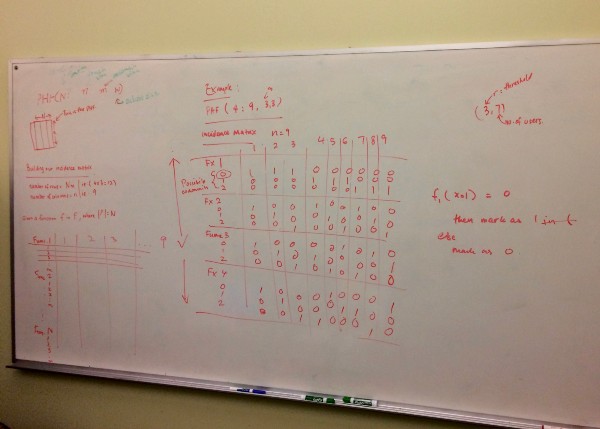A video demonstration of the vulnerability here, using a temporary password. (credit: Kapil Haresh)
This piece first appeared on Medium and is republished here with the permission of the author. It reveals a limitation in the way Apple approaches 2FA, which is most likely a deliberate decision. Apple engineers probably recognize that someone who loses their phone won’t be able to wipe data if 2FA is enforced, and this story is a good reminder of the pitfalls.
As a graduate student studying cryptography, security and privacy (CrySP), software engineering and human-computer interaction, I've learned a thing or two about security. Yet a couple of days back, I watched my entire digital life get violated and nearly wiped off the face of the Earth. That sounds like a bit of an exaggeration, but honestly it pretty much felt like that.
Here’s the timeline of a cyber-attack I recently faced on Sunday, July 23, 2016 (all times are in Eastern Standard):

That’s a pretty incidence matrix (credit: Kapil Haresh)
3:36pm—I was scribbling out an incidence matrix for a perfect hash family table on the whiteboard, explaining how the incidence matrix should be built to my friends. Ironically, this was a cryptography assignment for multicast encryption. Everything seemed fine until a rather odd sound started playing on my iPhone. I was pretty sure it was on silent, but I was quite surprised to see that it said “Find My iPhone Alert” on the lock screen. That was odd.